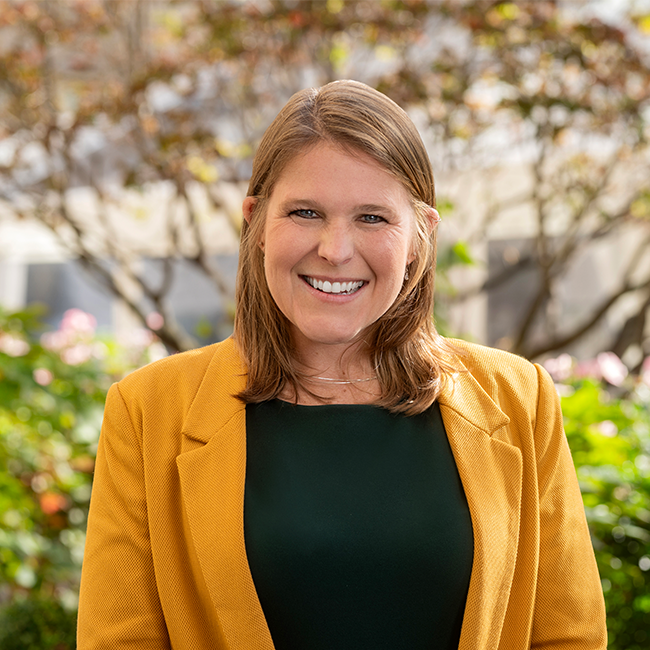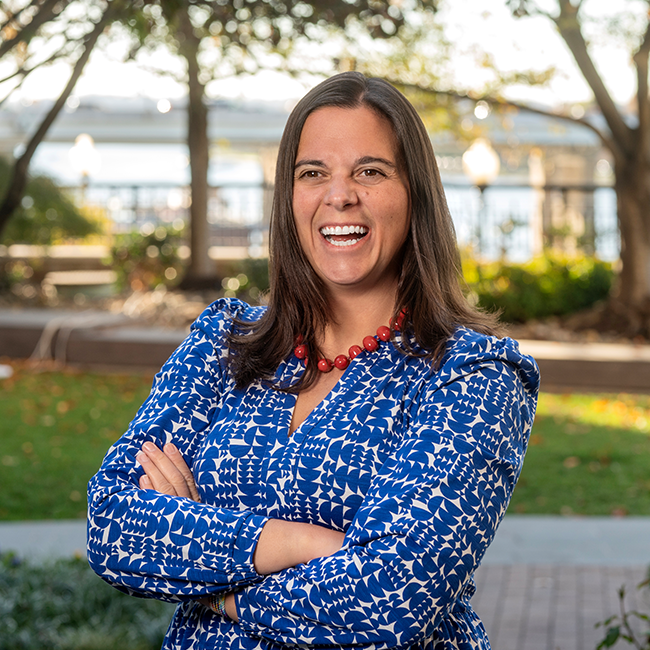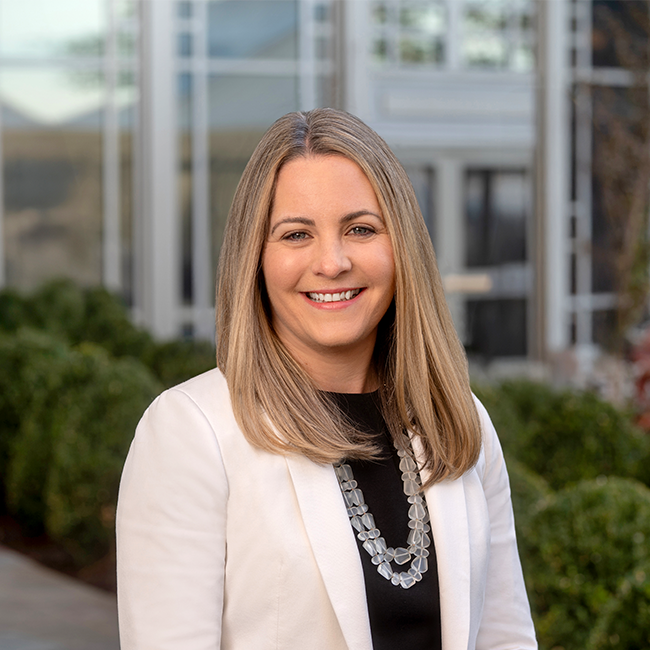
WASHINGTON, DC (April 30, 2024) — Tambourine Philanthropies (Tambourine), in partnership with the Milken Institute Science Philanthropy Accelerator for Research and Collaboration (SPARC), is pleased to announce the recipients of its ALS Breakthrough Research Fund. Tambourine has committed over $5 million total to eight teams around the world for basic and discovery-focused research aiming to change how we understand and treat amyotrophic lateral sclerosis (ALS).
Tambourine launched the ALS Breakthrough Research Fund in 2023 to support creative, bold ideas that hold the potential to generate breakthrough insights and attract new talent, tools, and ideas to address ALS. Tambourine’s commitment to supporting basic and discovery-focused research was informed by a landscape of the ALS philanthropic and scientific ecosystem, conducted in partnership with the Milken Institute SPARC, that resulted in a Giving Smarter Guide, released in 2022. This report highlighted critical needs in the ALS field, including support for basic, discovery, and foundational research to uncover the biological causes and mechanisms for all types of ALS.
“We created the ALS Breakthrough Research Fund to support novel approaches to diagnose and treat ALS. Today, ALS is a devastating disease for patients and families. We are excited to support scientists working to change that reality.” said Divya Silbermann of Tambourine.
Research supported by the ALS Breakthrough Research Fund includes:
- Decoding the role of microglia in motor neuron selective vulnerability in amyotrophic lateral sclerosis
- Bahareh Ajami, PhD, Oregon Health Science University, Oregon, USA
- Understanding ALS mechanisms in a novel human cellular model of the cortico-motor pathway
- Jimena Andersen, PhD, Emory University, Georgia, USA
- VAPB and membrane contact sites in amyotrophic lateral sclerosis (ALS)
- Marianna Leonzino, PhD, IRCCS Humanitas Research Center, Italy, and Paolo Colombi, PhD, Instituto di Genetica Molecolare, Italy (Co-Investigator)
- Linking TDP-43 pathology to synaptic (dys)functions in ALS and FTD
- Magdalini Polymenidou, PhD, University of Zurich, Switzerland, and Martin Muller, PhD, University of Zurich, Switzerland (Co-Investigator)
- Disentangling circuit mechanisms of cortical hyperexcitability in ALS towards the discovery of novel diagnostic tools and therapeutic approaches
- Caroline Rouaux, PhD, Inserm and Strasbourg University, France, and Sabine Liebscher, MD, PhD, University of Cologne and University Hospital Cologne, Germany (Co-Investigator)
- Using sporadic ALS patient-derived motor neuron cultures to resolve molecular subtypes and discover new therapeutics
- Clive Svendsen, PhD, Board of Governors Regenerative Medicine Institute, Cedars-Sinai, California, USA; Earnest Fraenkel, PhD, Massachusetts Institute of Technology, Massachusetts, USA (Co-Investigator); and Michael Workman, PhD, Cedars-Sinai Medical Center, California, USA (Co-Investigator)
- A systemic dissection of the interaction between sporadic ALS risk genes and environmental factors
- Ryan West, PhD, The Sheffield Institute for Translational Science, The University of Sheffield, England, and Jonathan Cooper-Knock, PhD, The Sheffield Institute for Translational Science, The University of Sheffield, England (Co-Investigator)
- Modulation of proteostasis mechanisms in sporadic and familial forms of ALS
- Hynek Wichterle, PhD, Columbia University, New York, USA, and Emily Lowry, PhD, Columbia University, New York, USA (Co-Investigator)
“The Milken Institute SPARC program has seen firsthand how important philanthropic investment in science is to accelerating discovery to generate new therapies for patients and tools for medicine. The Tambourine ALS Breakthrough Research Fund is an inspiring example of a philanthropic program with a focus on driving these breakthroughs by looking for standout science and innovative ideas. This is just what ALS needs right now,” said Cara Altimus, PhD, managing director, Milken Institute SPARC.
Milken Institute SPARC works with philanthropists to develop comprehensive strategies and launch and lead high-impact science and health-oriented research initiatives. To learn more about Tambourine’s ALS Breakthrough Research Fund and to read the Giving Smarter Guide, visit: https://bit.ly/3Xek0kU
Media Contact
Mala Persaud
[email protected]
+1 202-841-9336
About Tambourine
Tambourine is the philanthropic initiative of Ben and Divya Silbermann. Tambourine supports a wide range of health-related projects, including funding early-stage scientific research, expanding access to medical resources in the US, and scaling international public health programs.
About the Milken Institute
The Milken Institute is a nonprofit, nonpartisan think tank focused on accelerating measurable progress on the path to a meaningful life. With a focus on financial, physical, mental, and environmental health, we bring together the best ideas and innovative resourcing to develop blueprints for tackling some of our most critical global issues through the lens of what’s pressing now and what’s coming next.
For more information, visit: www.milkeninstitute.org.











